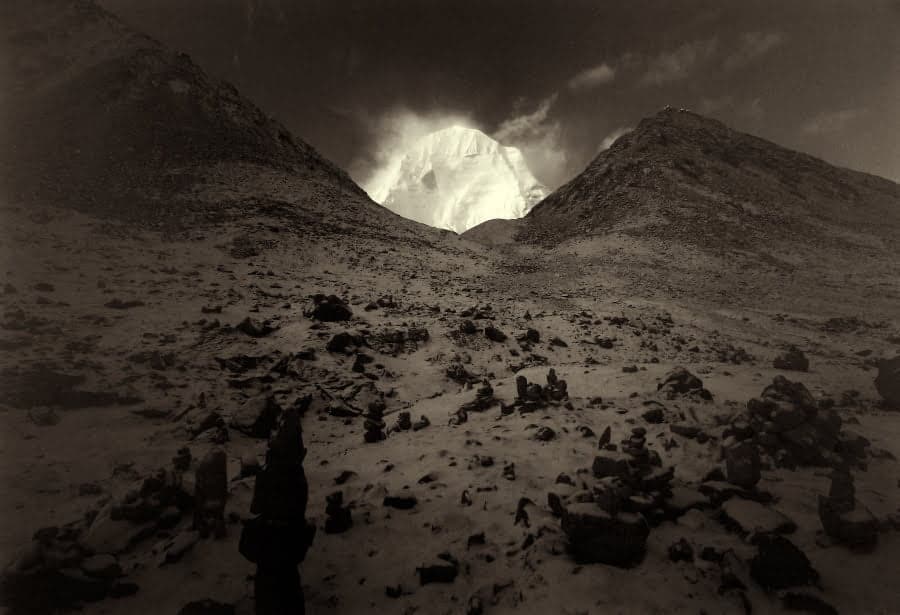There’s this phenom called “skepticism.” Skepticism is not doubt. Doubt is a soft, exploratory state. In fact, Abhinavagupta, a great Tantrik siddha of Kashmir, said that the most teachable students are willing to host doubt.
Skepticism, on the other hand, is a brittle, angry, destructive, rejecting condition. Skepticism is basically negative belief.
For instance, you don’t believe that spiritual practice can deliver the goods. You don’t believe other people’s devotion is real. You proclaim your skepticism about traditions, teachers, and students.
Ask yourself: Why would you feel the need to repetitively take up a skeptical stance in relation to such a diverse class of circumstances?
Skepticism is actually born of longing. Skepticism arises when you long to contact goodness and sweetness. You long to be included, but you hold to a samskara of feeling perennially excluded or rejected. So you premptorily reject back.
Or perhaps you were recently hurt by a teacher or a community. You went in with longing and were turned back for some reason. You couldn’t digest that particular situation. Skepticism about any such circumstances becomes a mechanism for dealing with your feelings of loss. But now you are trapped in it.
Skepticism rejects the very source of nourishment for which you are longing. You fear your longing will not be met, and that would be unbearable.
I first noticed this in myself when I was a young teen. My parents had a lot of affairs. They also had a terrible marriage. So if any friends claimed that their parents did not have affairs and were happy, I would scoff and insist on the skeptical view that my friends were dupes.
I have seen this phenomenon of skepticism in students who are socially uncomfortable and who habitually expect rejection. It is more comfortable to maintain an attitude of skepticism. Skepticism functions as a kind of armor.
Sometimes students manage their anxiety by approaching spiritual practice and teachers as “to be conquered.” When this doesn’t work, they feel thwarted, and they revert to skepticism.
Longing-as-skepticism compels some people engaged in efforts to secularize yogic practice, denigrate devotion, and deny the possibility of any spiritual authority or honest discipleship.
I feel the heart of longing in these efforts. The message seems to be, let’s cut this all down to a managable and ordinary size so that no risky feelings of longing or devotion will be evoked or required. I find it quite poignant.
We can choose what to participate in and what not to participate in. But when we find ourselves in a situation of feeling compelled to repetitively tear down or reject, or when we become serial debunkers, we may want to feel around for our own longing. After all, even arguing is an expression of the longing to connect.
Longing is the most potent force in our lives. When we deny or distort it, we suffer from isolation and loneliness. We also lose opportunities to grow and to discover.
All authentic spiritual life begins and proceeds with longing. Longing is the force, the mighty Shakti, calling out to the heart of wisdom from which it emerged and to which it desires to experience a return.
So, next time you find yourself in a condition of skepticism, look into your heart. See if you can contact your longing. And if you can, try to find the courage to let it move, instruct, and guide you.
Love,
Shambhavi
*photo credit: Tibet 75 2000 by Kenro Izu.

